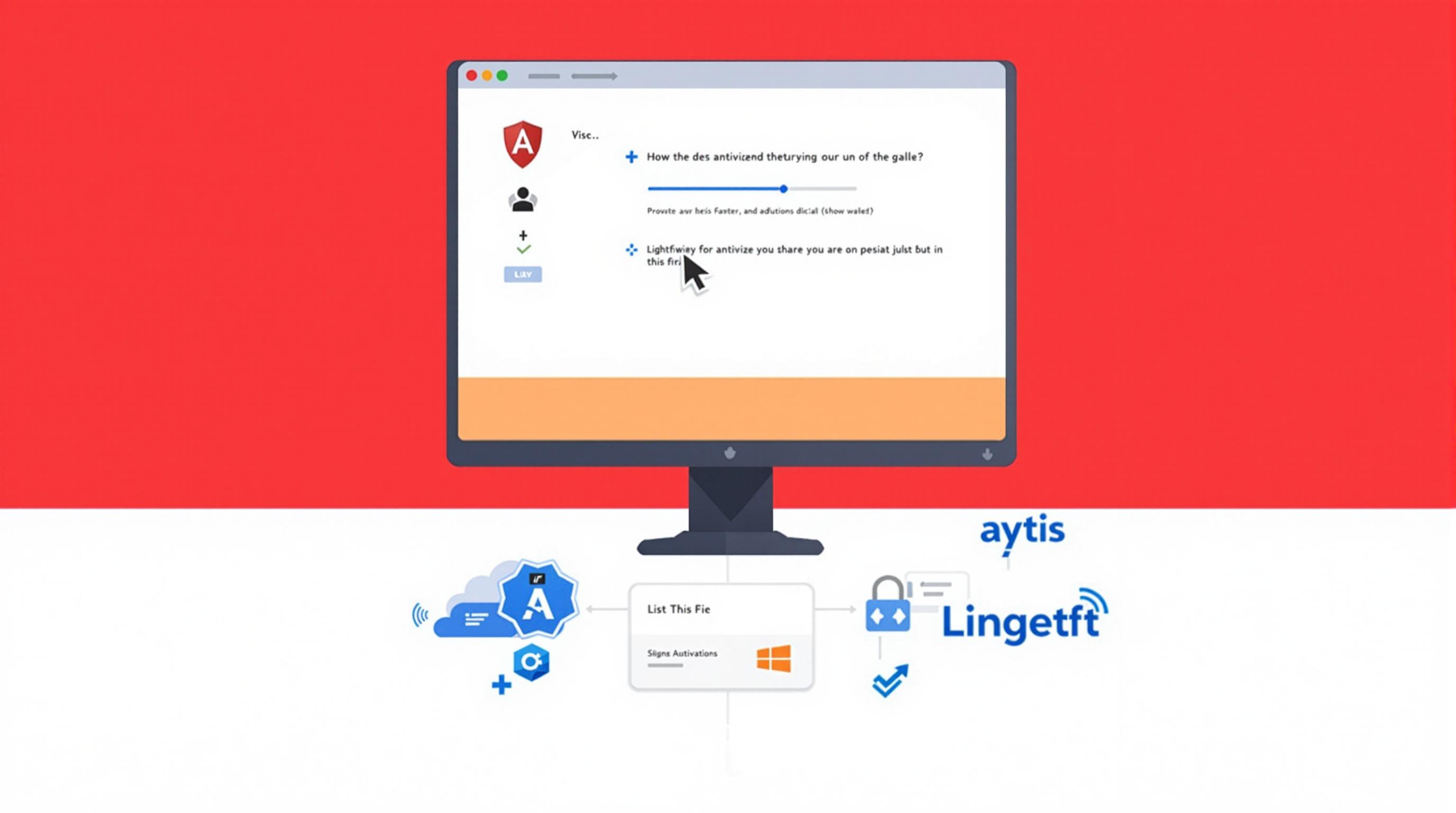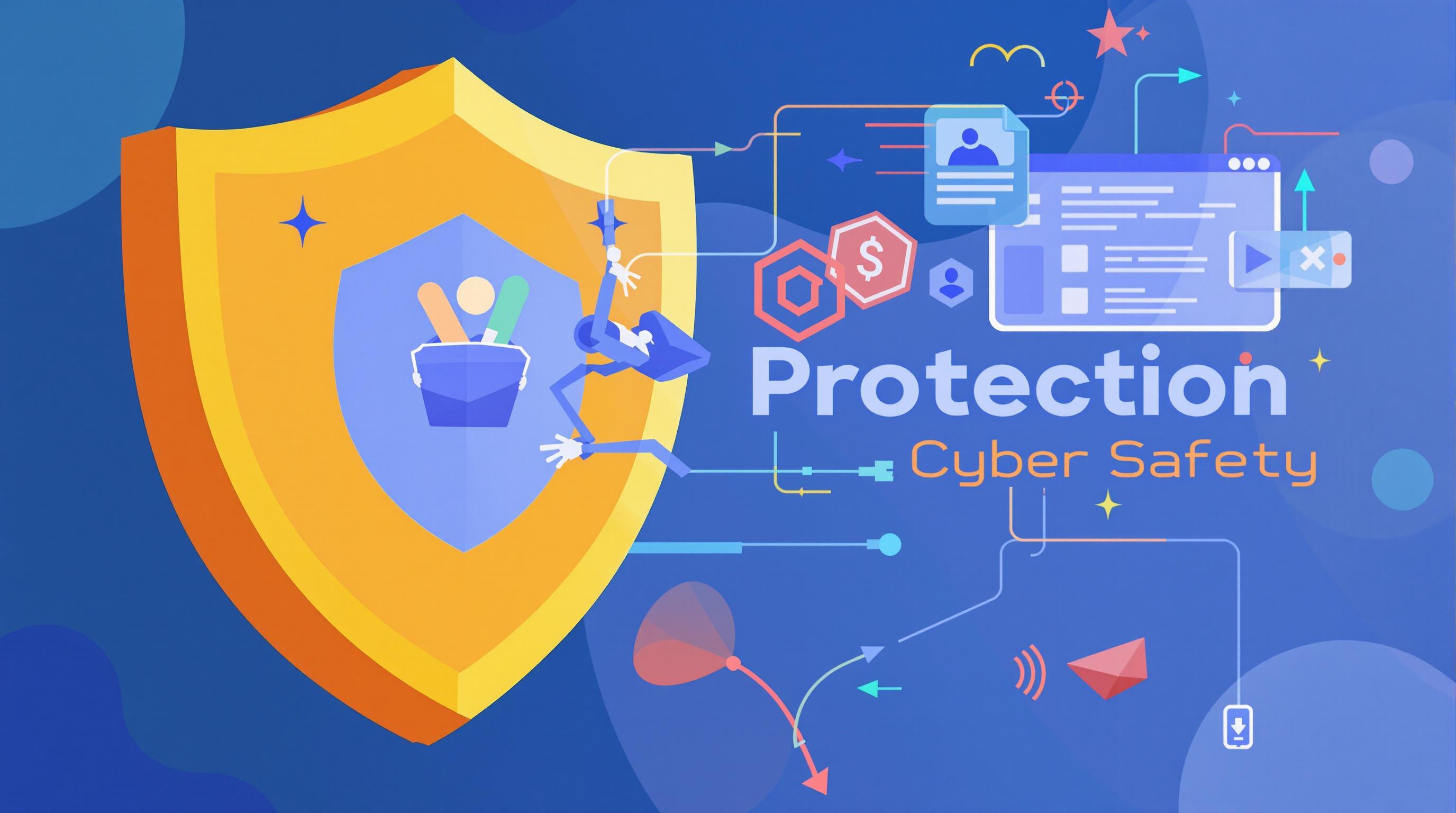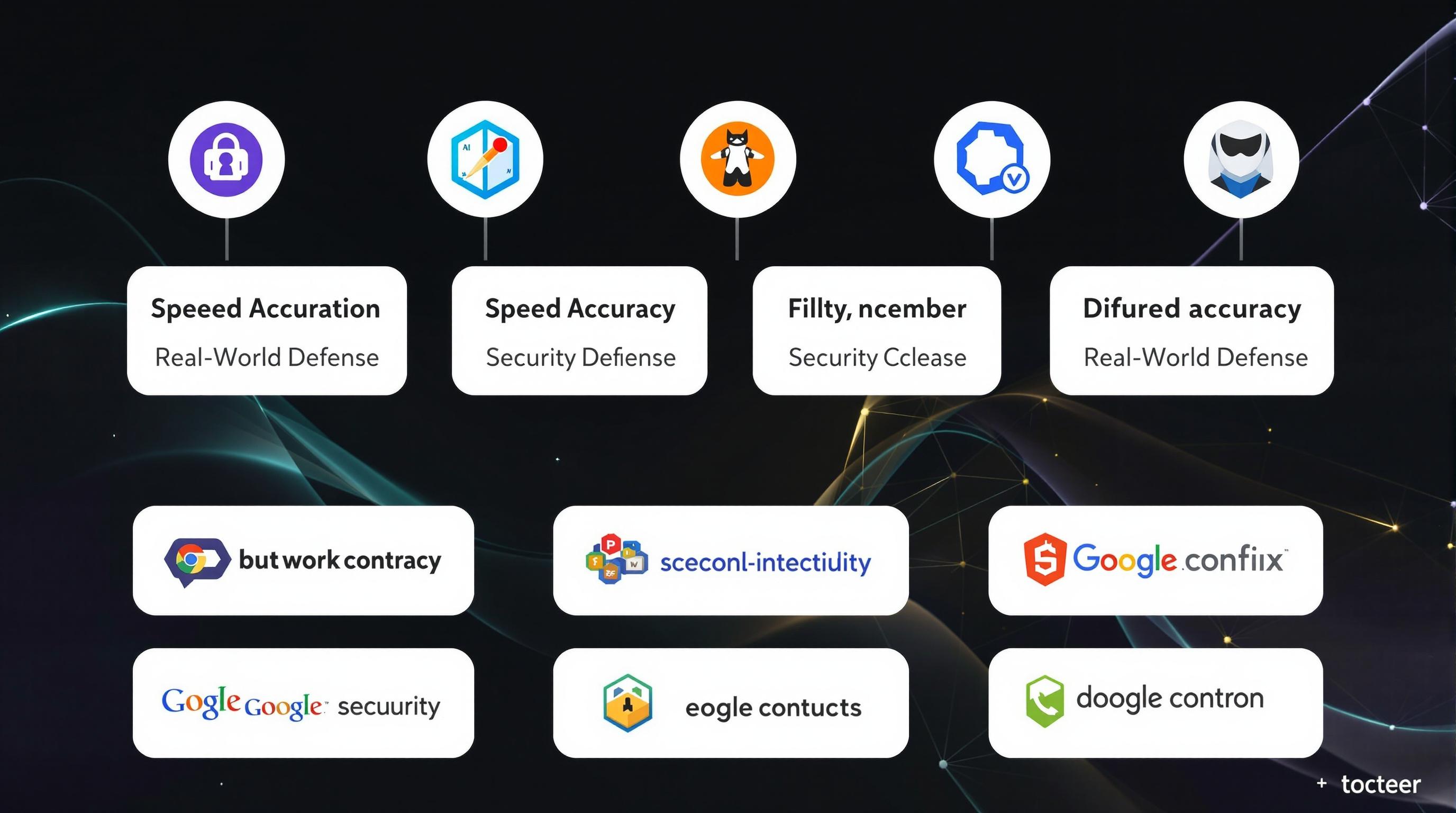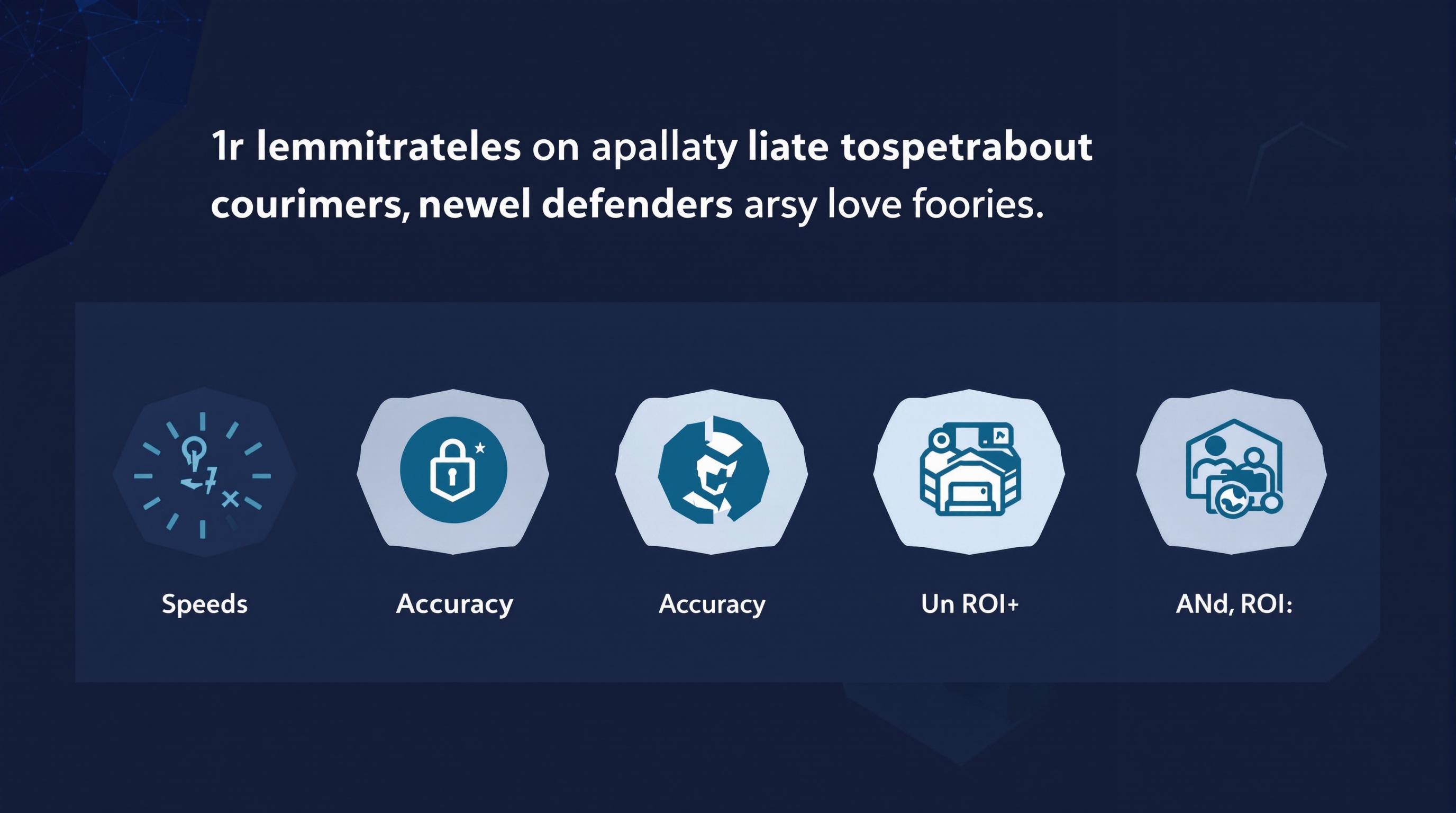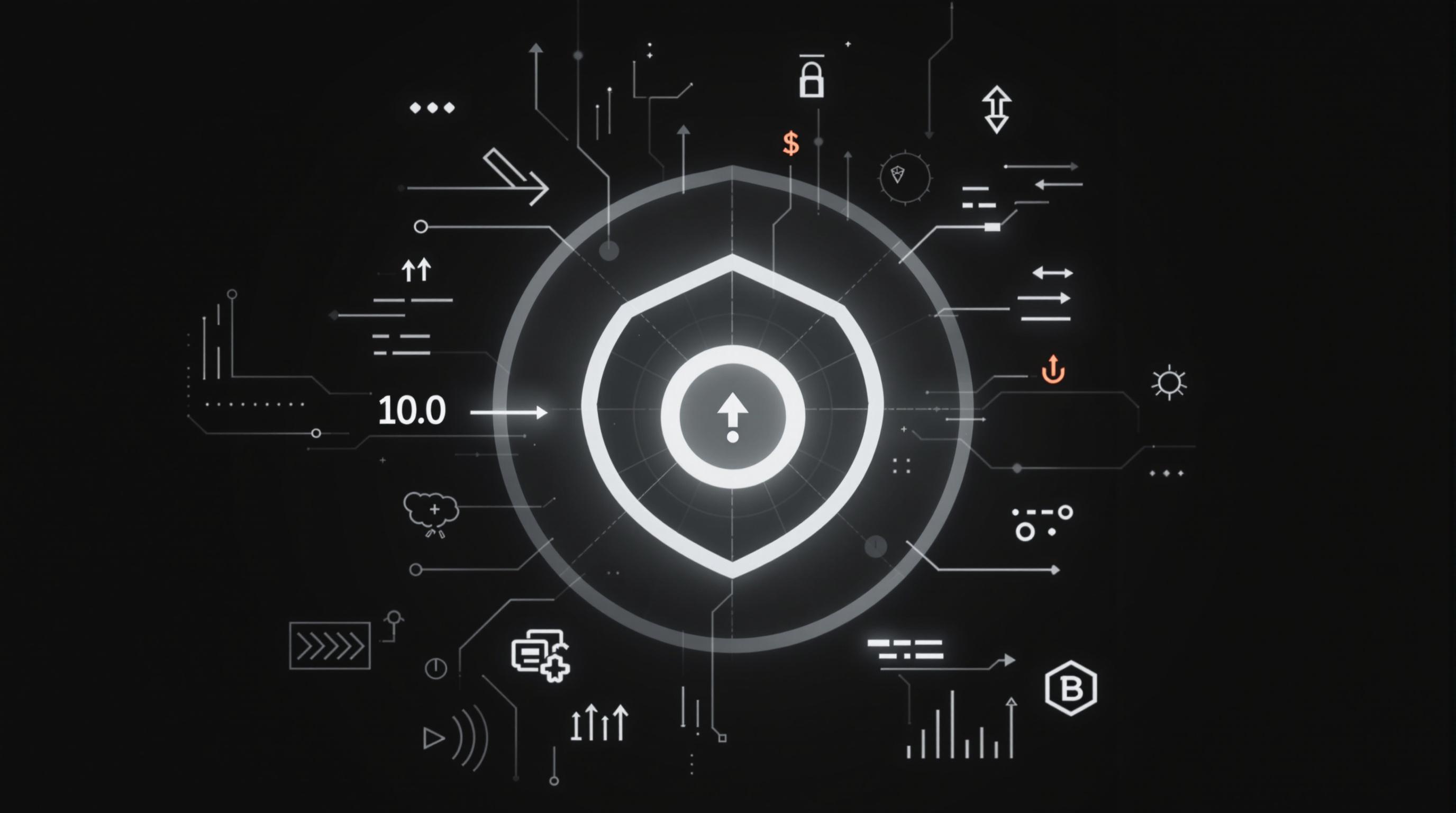Related Articles
- 8 Innovative Password Safes Released Since 2019 Changing How We Protect Our Digital Lives
- Top 6 Revolutionary Password Vaults Debuting Since 2019 That Are Disrupting Cybersecurity Norms
- 7 Innovative Browsers Released Since 2019 That Redefine Online Confidentiality and User Control
- Exploring Psychological Barriers to Adopting Enhanced Mail Safeguards Among Diverse User Groups
- Top 6 Privacy-Focused Browsers Launched Since 2019 That Outsmart Data Trackers Effortlessly
- How Antivirus Software Influences Environmental Footprints: Assessing Energy Use and Electronic Waste Trends
7 Best Lightweight Antivirus Programs Since 2019 That Maximize Protection Without Slowing Your PC
7 Best Lightweight Antivirus Programs Since 2019 That Maximize Protection Without Slowing Your PC
Choosing the right antivirus program is crucial for protecting your device without sacrificing speed or performance. This article explores seven of the best lightweight antivirus solutions available since 2019, combining robust security with minimal impact on your PC.
Why Lightweight Antivirus Programs Matter
Imagine your computer is like a sports car—it's designed to perform fast and smooth. Now, imagine adding heavy armor to it; sure, it's protected, but the extra weight slows everything down. That's precisely what some antivirus programs do, bogging down your system with constant scans and heavy resource use. Lightweight antivirus solutions strike the perfect balance, offering top-notch defense without turning your device into a sluggish machine.
Case Study: A Tale of Two Users
Consider Jenny, a college student with a modest laptop. She needed antivirus protection that wouldn't interfere with her online classes. On the other hand, Mark, a freelance graphic designer, required stringent security without compromising software performance during his design sessions. Both found their answer in lightweight antivirus programs tailored to their needs, highlighting the importance of efficiency in security software.
Norton 360 Deluxe: Comprehensive Protection Without the Heaviness
Norton 360 Deluxe has been a trusted name since before 2019 and continues to impress with its lightweight footprint. Using smart scanning techniques, it focuses only on essential files, thus reducing CPU usage. According to AV-Test in late 2022, Norton scored a perfect 100% in malware detection while maintaining minimal impact on system speed.
Its suite includes VPN, firewall, and parental controls — all seamlessly integrated without overwhelming your system resources.
Speed Meets Security with Bitdefender Antivirus Plus
At just 18 years old, I know the frustration of a laggy PC when gaming or streaming. Bitdefender Antivirus Plus won me over with its cloud-based scanning technology, which significantly reduces client-side resource consumption. Bitdefender achieves nearly 99.7% malware detection rates (AV-Comparatives, 2021) and operates quietly in the background so you can keep binge-watching your favorite series uninterrupted.
Avira Antivirus: The Lightweight Champion
Avira's anti-malware engine is remarkably efficient, consuming less than 5% CPU during scans in real-world tests. This German brand blends simplicity with powerful real-time protection against viruses, spyware, and ransomware. A 2020 survey conducted by AV-Comparatives highlighted Avira’s minimal impact on boot times and user experience, solidifying its place among the elite lightweight AV options.
Why Some Antivirus Programs Are Too Heavy for Older PCs
Older computers with limited RAM and processor speeds face a unique challenge when running security software. Heavy antivirus suites often demand resources their hardware cannot spare, leading to freezing or prolonged scan times. Lightweight antivirus tools designed to use less memory and CPU cycles help extend the functional life of these machines.
Trend Micro Antivirus+ Security: Old but Gold
Since 2019, Trend Micro has remained a reliable choice, particularly praised for its phishing protection and ransomware shield. Though sometimes criticized for slightly higher system resource consumption compared to others in this list, its straightforward interface and frequent updates make it a strong contender for users prioritizing security with minimal fuss. Independent tests have shown it blocks 97% of threats while maintaining a decent system footprint.
Kaspersky Security Cloud – Lightweight and Smart
Despite some geopolitical controversies, Kaspersky remains a top performer in the antivirus arena. Its "Smart Scan" technology targets potential threats without conducting exhaustive scans, which results in noticeable performance improvements. Independent lab AV-Test’s 2023 evaluations placed Kaspersky near the top for combined protection and lowest system impact scores.
As a 52-year-old cybersecurity consultant, I've observed many clients confused by the constant trade-off between security and speed. Kaspersky eliminates much of this dilemma by harmonizing these factors.
Why You Should Care About Antivirus Performance Metrics
It's easy to get seduced by promises of "100% protection," but without considering antivirus efficiency, your computer might become a bottleneck. Metrics such as system load during scans, memory usage, and boot time impact provide a realistic picture of how software performs day-to-day. For example, a report by AV-Comparatives in 2022 emphasized the importance of balanced protection, particularly for users on portable laptops and older desktops.
Webroot SecureAnywhere: The Cloud-based Lightweight Solution
Using less than 5 MB on disk and relying heavily on cloud technology, Webroot SecureAnywhere is a unique player in the lightweight antivirus market. It completes scans in seconds without compromising detection accuracy. This ultra-light approach allows for real-time updates and minimal impact on system resources, perfect for users who value speed above all.
A Quirky Note on Humor and Antivirus Software
If antivirus programs could talk, I imagine Webroot saying, "Hey, I'm too light to carry groceries but I catch all the viruses you throw my way!" While the joke is silly, it underscores that security need not be heavyweight wrestling; sometimes, nimble and fast wins the day.
McAfee Total Protection: Balancing Bulk and Brains
Often labeled as resource-hungry, McAfee has worked hard since 2019 to slim down its software footprint. Recent updates focus on optimizing background scanning and faster startup times. According to PCMag in 2023, McAfee offers excellent ransomware protection and identity theft safeguards while now scoring better on efficiency tests.
With an interface designed for both novices and pros, McAfee’s evolution is proof that even historically “heavy” antivirus suites can reinvent themselves.
Wrapping Up: Making Your Choice
Ultimately, the “best” antivirus depends on your system specs and your personal requirements. Whether you’re a teenager gaming online or a pensioner managing bank accounts, these seven programs listed here provide a range of solutions that don’t clog up your PC.
Remember to consider: detection rates, system impact, additional features, and price. Test trials are often available, so take advantage of them before committing.
In an age where cyber threats evolve at light speed, your antivirus should be equally agile — powerful enough to protect, yet light enough to let your PC breathe.
